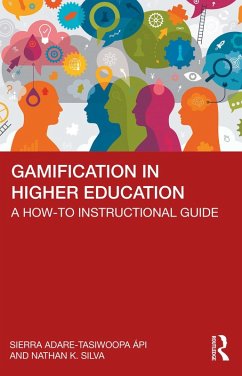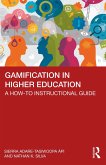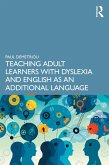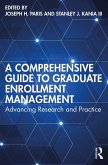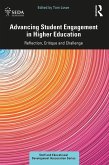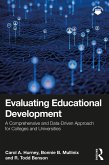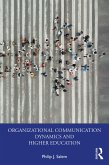This book presents actual examples from gamified college courses, furnishing strategies and detailed plans for integrating gamification, regardless of the subject area, discipline, or modality. Moreover, the step-by-step how-to aspects of gamification that do not require expensive, proprietary gaming software set this book apart from others in the field. Gamification in Higher Education explores ways to incorporate real-world simulations and promote critical thinking skill, while focusing on storytelling through which to draw in students and help them get into the game, both literally and figuratively. Additionally, the book examines gamification research and how it can be used to support reluctant learners who normally struggle with complex course content. The authors share their experiences with what has worked and, more importantly, what has not worked in adding gamification to their courses.
This key resource offers educators a practical guide that will take instructors step-by-step through the design, development, and implementation of game elements, games, and fully gamified courses without using costly specialized software. Its conversational tone endeavors to put educators, whether novice, mid-career, or veteran, at ease with the process of gamification.
Dieser Download kann aus rechtlichen Gründen nur mit Rechnungsadresse in A, B, BG, CY, CZ, D, DK, EW, E, FIN, F, GR, HR, H, IRL, I, LT, L, LR, M, NL, PL, P, R, S, SLO, SK ausgeliefert werden.
Dr. Richard Landers, John P. Campbell Distinguished Professor of Industrial-Organizational Psychology, University of Minnesota.
"What do telenovelas, missions to Mars, simulated internships, and escape rooms have in common? They're all ideas for transforming courses through gamification. Gamification in Higher Education explains how and why to use game elements to engage and instruct college students. This book is an ideal resource for faculty and instructional designers across disciplines who want to go beyond the basics in gamified learning. It offers a richly detailed set of fully developed teaching activities along with creativity-sparking ideas."
Michelle D. Miller, Professor of Psychological Sciences and President's Distinguished Teaching Fellow, Northern Arizona University, USA.

